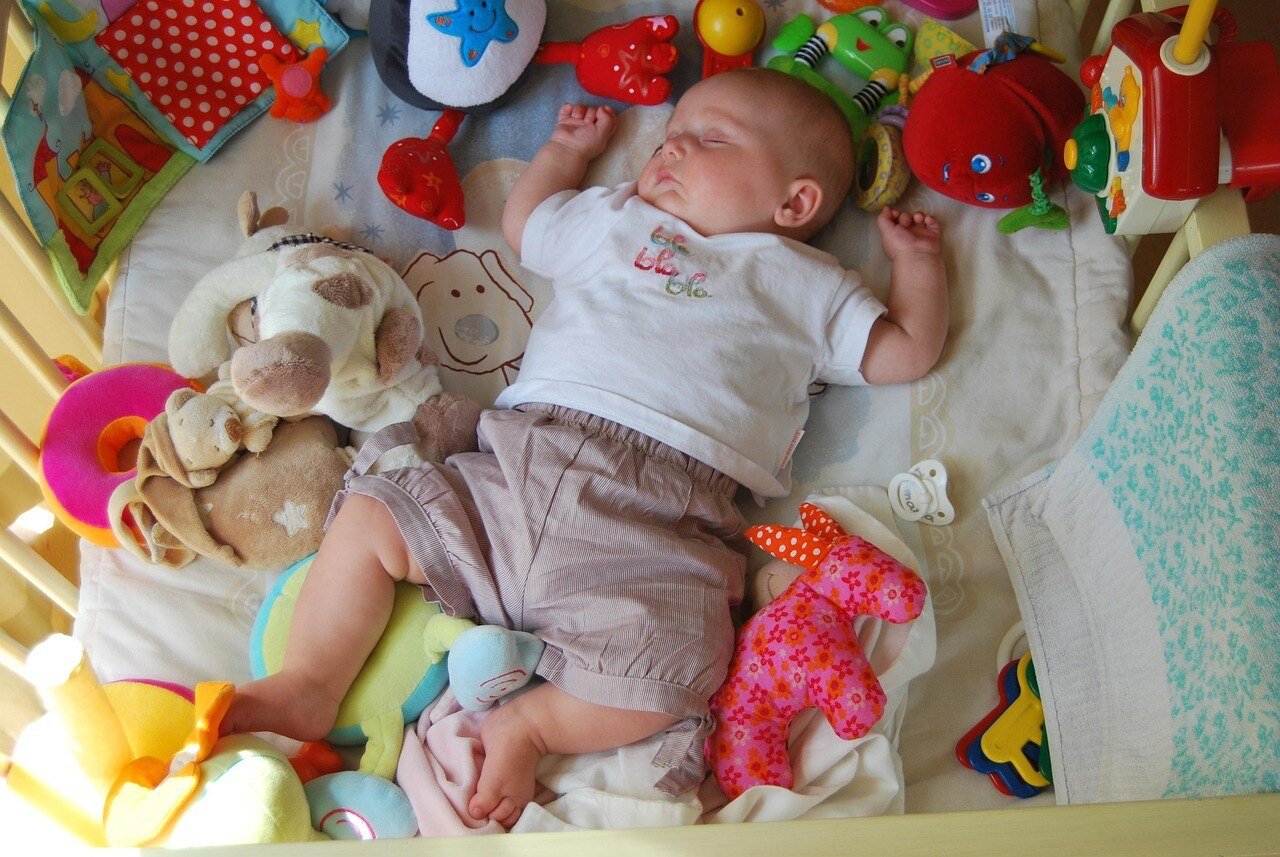One recent night around 2:00 AM, my daughter’s distressed voice, calling for me, jolted me out of deep sleep. Barely awake herself, she was looking for her stuffed doll (named Dolly, obviously), the one without which she cannot sleep, because without clutching it in a very precise way, she cannot suck her thumb. And without sucking her thumb, she cannot get back to sleep. This vicious cycle makes perfect sense in her six-year-old mind, even if it might not in yours. Thence the cry of alarm at 2:00 AM.
Login to read more
Sign in or create a free account to access Subscriber-only content.
